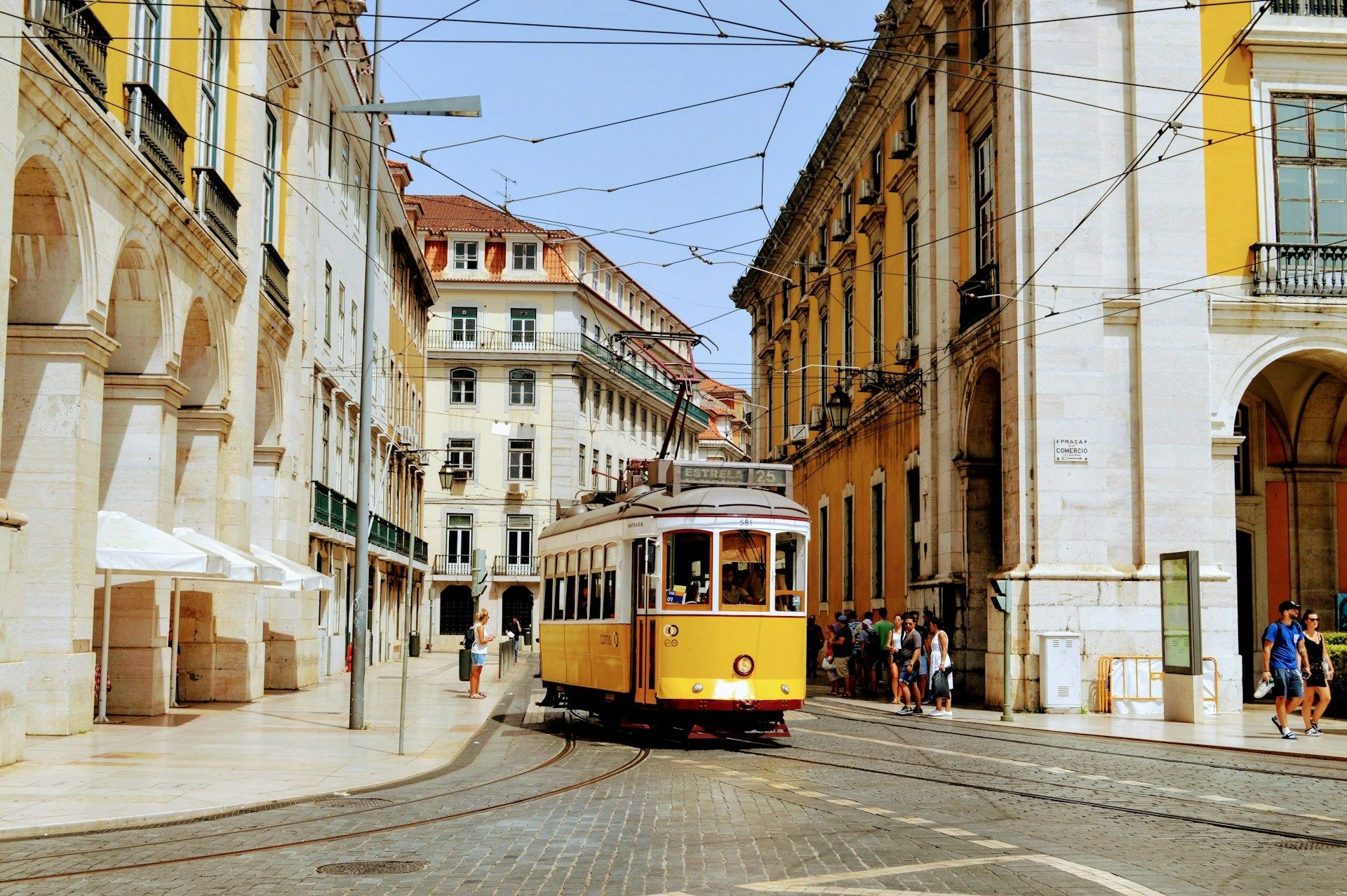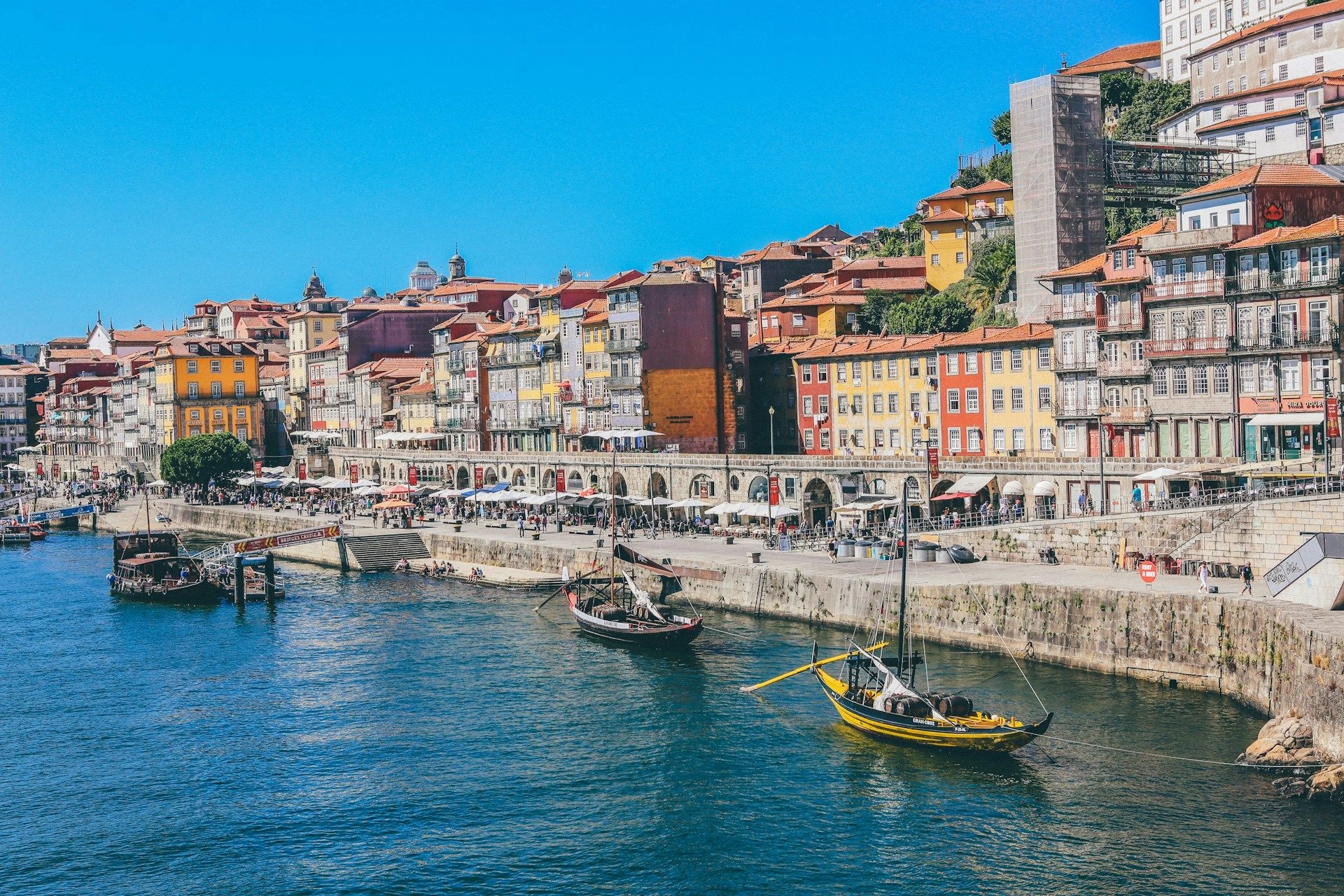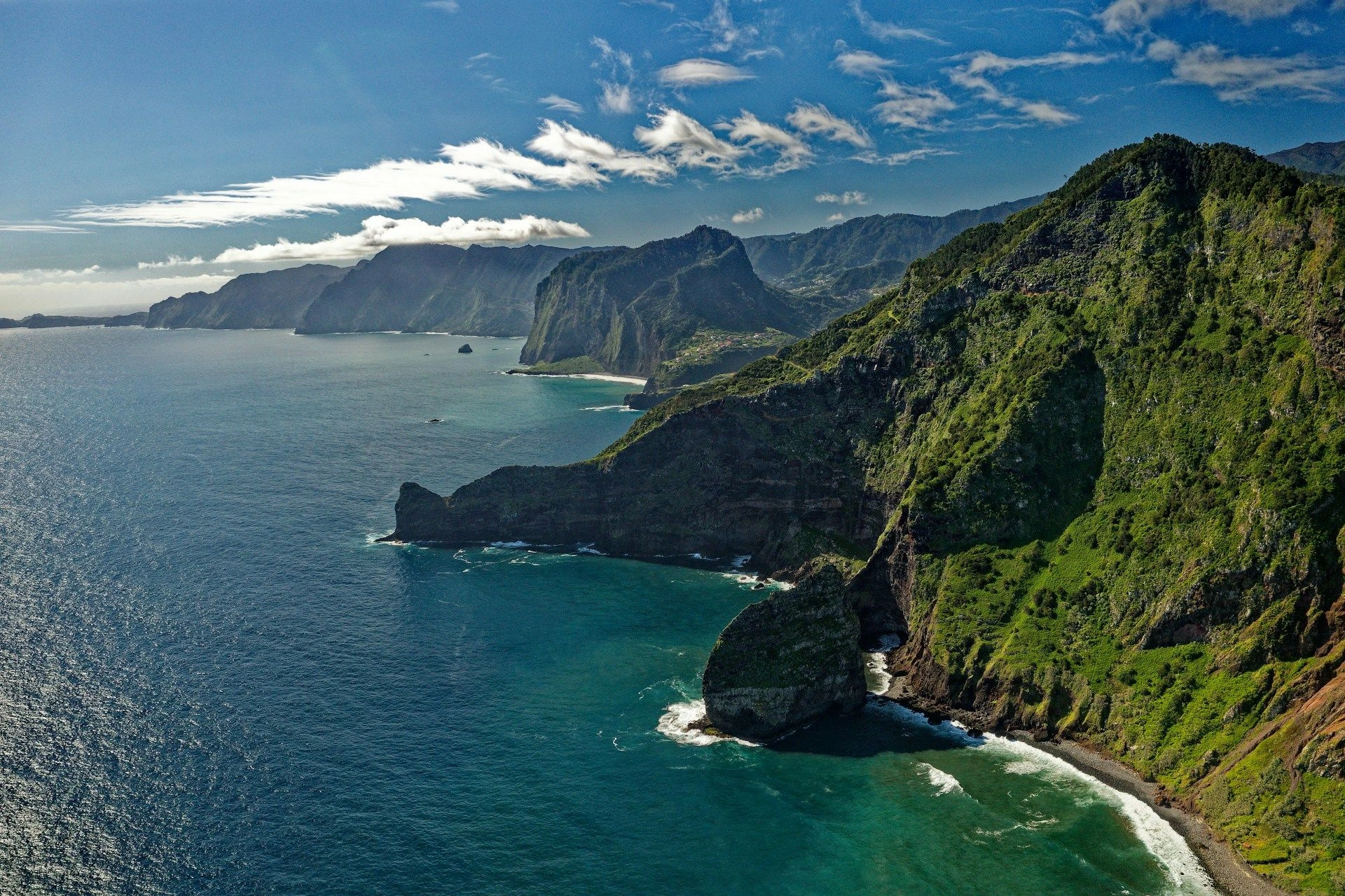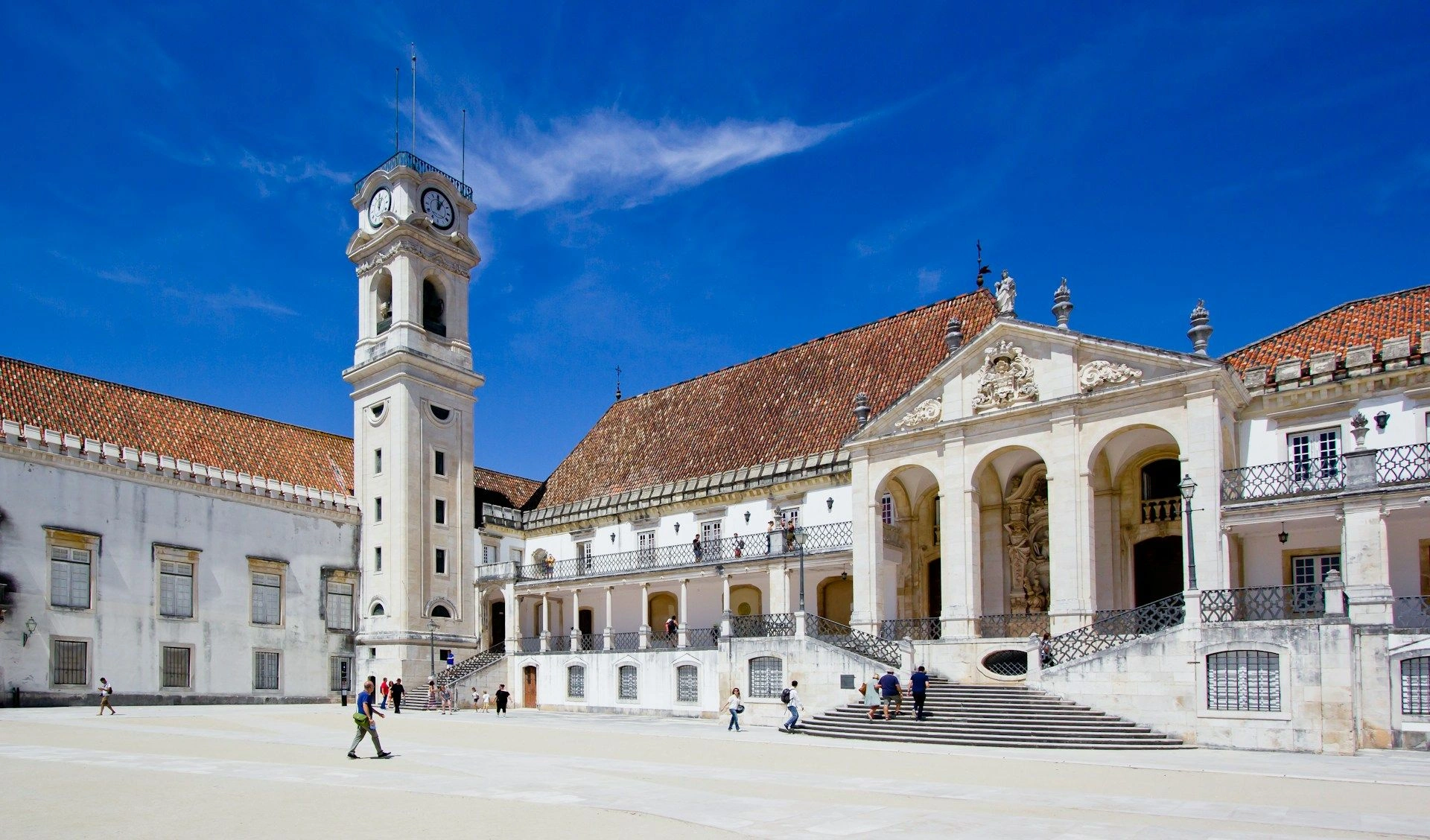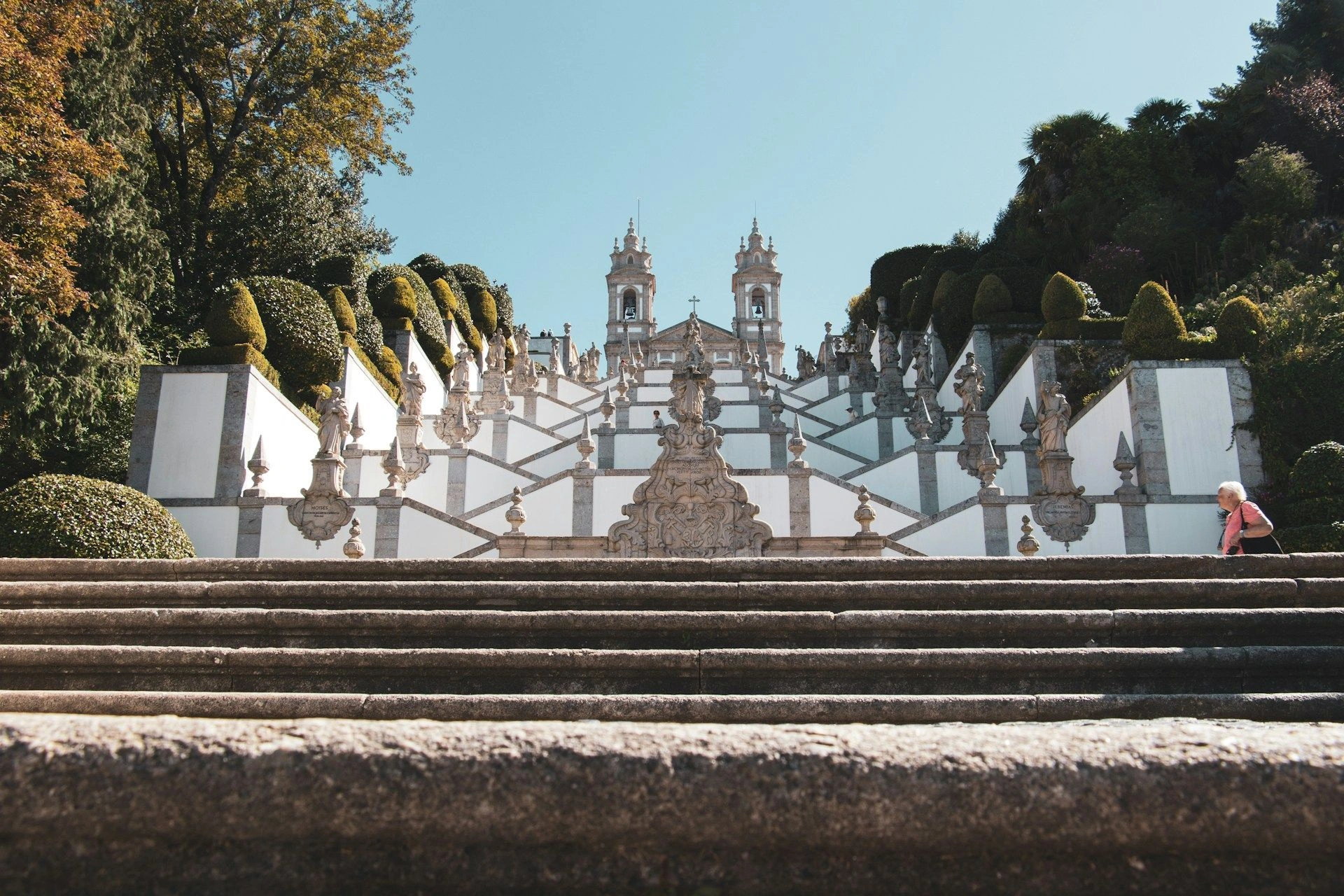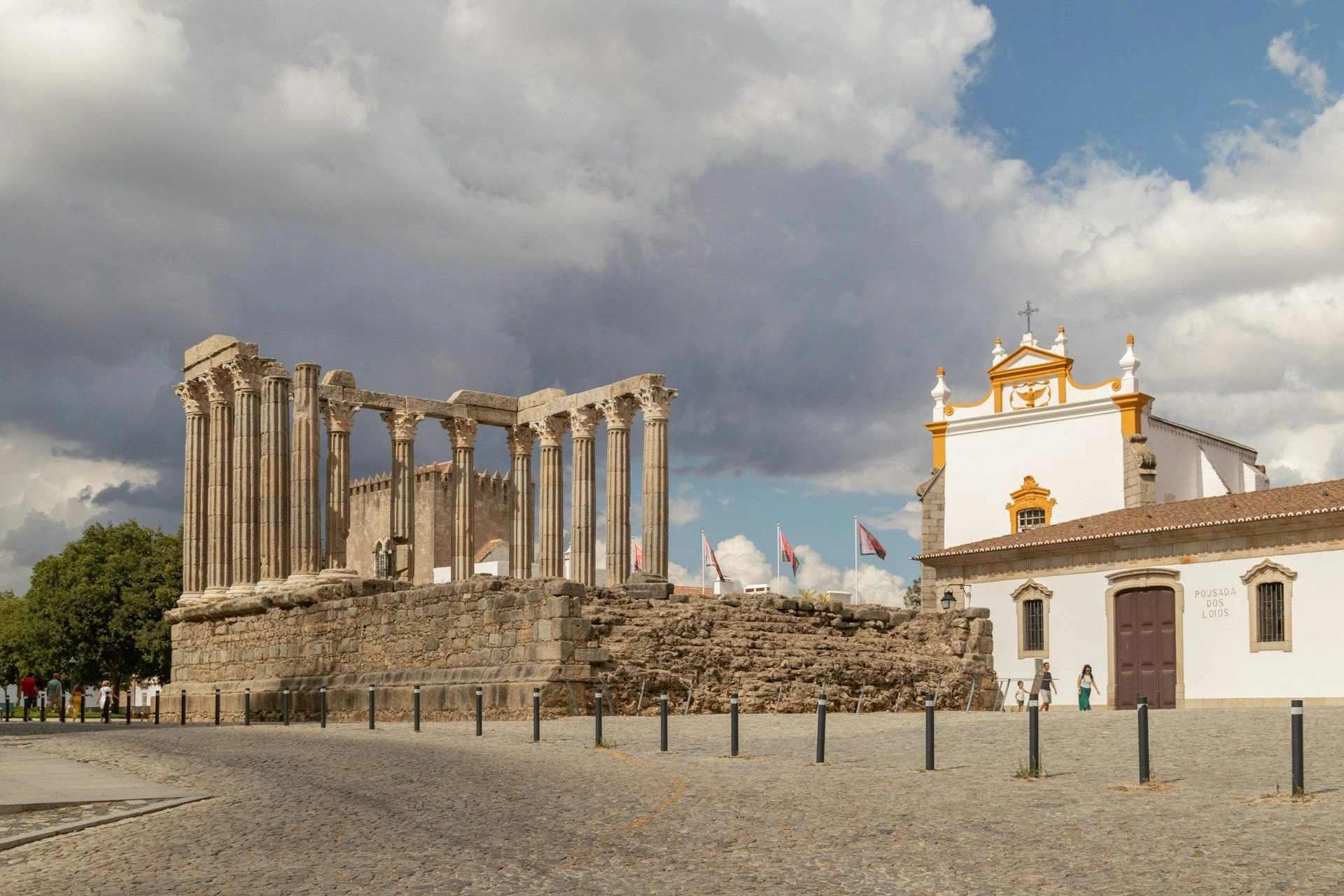Residency in Portugal via Golden Visa ProgramSeamless EU access, diverse lifestylethriving investment climate

Advantages of
Golden visa in Portugal
Golden Visa Investment
Qualify through real estate, capital funds, or business ventures—benefit from clear requirements, fast-track applications, and minimal stay obligations for permanent residence Portugal status.
Quality of Life & Climate
Enjoy mild winters, warm summers, modern healthcare, and vibrant cultural scenes across Lisbon, Porto, and coastal towns—ideal for families, retirees, and remote professionals seeking balance.
EU Mobility & Security
Secure a residence permit in Portugal and gain visa-free Schengen travel, strong legal protections, and a pathway to second passport in Portugal after naturalization.
Golden Visa Investment
Qualify through real estate, capital funds, or business ventures—benefit from clear requirements, fast-track applications, and minimal stay obligations for permanent residence Portugal status.
Quality of Life & Climate
Enjoy mild winters, warm summers, modern healthcare, and vibrant cultural scenes across Lisbon, Porto, and coastal towns—ideal for families, retirees, and remote professionals seeking balance.
EU Mobility & Security
Secure a residence permit in Portugal and gain visa-free Schengen travel, strong legal protections, and a pathway to second passport in Portugal after naturalization.

Useful articles
and recommendations from experts
Popular
Portugal
VelesClub Int. Expands Portfolio to Include Portugal: Your Gateway to European Real Estate Investments
VelesClub Int. Expands Portfolio to Include Portugal: Your Gateway to European Real Estate Investments
06.11.2023

Securing residency and citizenship
All
Portugal
Portugal still abolishes “golden visas” for real estate and bank deposits
Portugal still abolishes “golden visas” for real estate and bank deposits
29.09.2023

All
Analytics
Portugal
Relocating to Portugal to Incur 33% Higher Service Fees with SEF Restructuring
Relocating to Portugal to Incur 33% Higher Service Fees with SEF Restructuring
29.10.2023

All
Global Transactions
Popular
Analytics
Portugal
International Property Payments to Portugal in 2025 — Secure Transfers for Buyers Worldwide
How to pay for property in Portugal safely and in compliance with regulations
14.08.2025

Residence and Citizenship in Portugal
Why people seek residence and citizenship in Portugal
Portugal’s combination of geographic diversity, political stability, and EU membership has made it one of the world’s most desirable destinations for a residence permit in Portugal. Boasting Atlantic coastlines, the rolling hills of the Douro Valley, and UNESCO-listed historic centres, the country appeals to families seeking a safe environment, retirees drawn to a mild Mediterranean climate, and digital nomads requiring reliable infrastructure. Competitive living costs—lower than in many Western European capitals—pair with high-quality international schools, top-tier healthcare systems, and English-friendly services to ensure a smooth transition. Entrepreneurs and investors are motivated by favorable tax regimes—such as the non-habitual resident status—and by transparent pathways including citizenship by investment in Portugal programs like the Portugal golden visa. These initiatives enable applicants to qualify through real estate purchases starting at €280,000, capital fund investments, or job creation ventures. Holders of permanent residence Portugal cards obtain visa-free or visa-on-arrival access to over 180 countries, while eventual naturalization leads to a second passport in Portugal and full European Union privileges.
Types of residence permits and citizenship programs
Portugal’s immigration law provides a spectrum of residence permits designed for diverse applicant profiles. D7 passive income permits cater to retirees and remote workers who demonstrate stable income from pensions, dividends, or self-employment—requiring proof of sufficient funds and local accommodation. Employment permits attract skilled professionals and graduates, mandating a valid work contract, social security registration, and professional qualifications. The Portugal golden visa consolidates investor pathways: real estate acquisition thresholds start at €280,000 for rehabilitation projects, €350,000 for cultural restoration, or €500,000 for standard property; capital transfer options include a €500,000 investment fund or €350,000 scientific/R&D contributions. Permanent residence Portugal status is attainable after five years of legal residency under any permit category, while citizenship by investment in Portugal follows naturalization requirements—such as basic Portuguese language proficiency, criminal background checks, and demonstration of community integration. Family reunification permits extend residency to spouses, dependent minors, and dependent adult children, as well as economically dependent ascendants.
Requirements and application process
Securing a residence permit in Portugal begins with assembling key documentation: a valid passport with at least six months’ validity, two passport-style photographs, proof of accommodation in Portugal (rental contract or property deed), criminal background certificate from the applicant’s home country, and evidence of financial means. Investors submit property purchase agreements, bank transfer receipts, or fund investment certificates. Applicants create profiles on the SEF (Serviço de Estrangeiros e Fronteiras) portal, complete the online application or schedule a consular appointment, and pay the corresponding visa fee. Upon initial approval, a temporary residence visa is issued for entry into Portugal. Within four months of arrival, applicants attend a SEF branch appointment for biometric enrolment and final residence card issuance. Processing times range from two to six months, depending on the permit type and completeness of documentation. Renewal of residence cards occurs every two years for the first five years, transitioning to permanent residence Portugal status thereafter. For citizenship, applicants submit a naturalization application to the Conservatória dos Registos Centrais after five years of residency—providing language evidence, proof of ties to the community, and a clean criminal record. Citizenship ceremonies culminate in a certificate of Portuguese nationality and issuance of passports.
Legal framework and government policies
The legal basis for Portuguese residency and citizenship programs lies in the Immigration and Borders Service (Law No. 23/2007) and the Nationality Law (Law No. 37/81), complemented by subsequent amendments that introduced the Portugal golden visa and simplified naturalization pathways. Investor programs are regulated by Decree-Law No. 63/2015, setting minimum investment thresholds and eligibility criteria. Anti-money laundering (AML) and counter-terrorism financing (CTF) regulations require rigorous source-of-fund verifications, due diligence, and periodic compliance audits by authorized entities. Portugal maintains bilateral social security agreements and tax treaties with over 70 countries—avoiding double taxation for new residents—while the non-habitual regime offers a flat 20% tax on Portuguese-sourced income and exemptions on many foreign-sourced earnings for ten years. The SEF digital platform centralizes application tracking and notifications, ensuring transparency and real-time updates. Policy updates—such as adjustments to investment thresholds or documentation requirements—are published regularly in the Diário da República and communicated via accredited legal advisors.
Lifestyle, mobility, and long-term benefits
Beyond administrative advantages, residency in Portugal unlocks an exceptional lifestyle and global mobility. Expat communities thrive in coastal hubs like Lisbon’s Cascais, Porto’s Ribeira, and the Algarve’s Vilamoura—each offering top-rated international schools, gourmet dining, and championship golf courses. Healthcare is delivered through a hybrid public-private model, combining universal NHS coverage with internationally accredited private hospitals in major cities. Public transportation networks—cruise ports, high-speed Alfa Pendular trains, and expanding metro lines—connect regions seamlessly. Holders of a residence permit in Portugal enjoy visa-free travel throughout the Schengen Area for up to 90 days within any 180-day period. After naturalization, second passport in Portugal holders gain EU citizenship rights, enabling freedom of movement, work, and education across 27 member states. Property investments often yield strong capital appreciation, particularly in urban rehabilitation projects, while energy-efficient renovations qualify for tax credits and grants under national sustainability plans. Long-term residents benefit from access to municipal services, social welfare programs, and integration support—language courses, community events, and local volunteer networks. Ultimately, the combination of sun-drenched beaches, historic architecture, and a modern business environment positions Portugal as a premier destination for residence permit in Portugal seekers and future citizens.
How VelesClub Int. helps
VelesClub International provides end-to-end support for clients navigating the journey to secure a residence permit in Portugal or pursue citizenship by investment in Portugal. Our process begins with a personalized eligibility assessment—identifying the optimal permit type based on professional background, family structure, income sources, and investment goals. We guide clients through document collection—certified translations, notarizations, criminal record clearances—and SEF portal registration. For Portugal golden visa applicants, we coordinate real estate selection, fund transfers, and project due diligence to meet investment criteria. We schedule consular interviews and SEF appointments, prepare legal submissions, and track every milestone in real time.
Post-arrival, VelesClub Int. assists with biometric enrolment, tax registration, social security enrollment, and opening bank accounts. For family reunification, we handle dependent applications and liaison with immigration authorities. During the residency renewal cycle, our team compiles updated documentation, arranges SEF appointments, and ensures compliance with reporting obligations. For naturalization, we facilitate language course enrollment, community integration activities, and submission of naturalization dossiers—culminating in citizenship ceremonies. With deep expertise in Portuguese immigration law, extensive government contacts, and a proven track record of approvals, VelesClub International ensures a seamless, efficient, and tailored pathway to residence and citizenship in Portugal.
